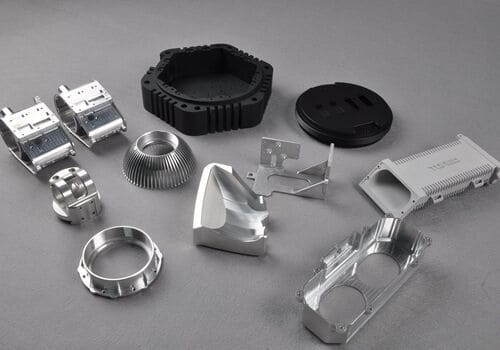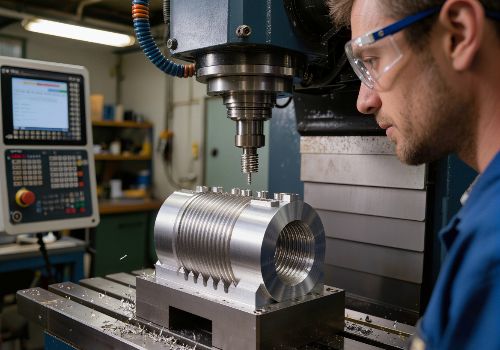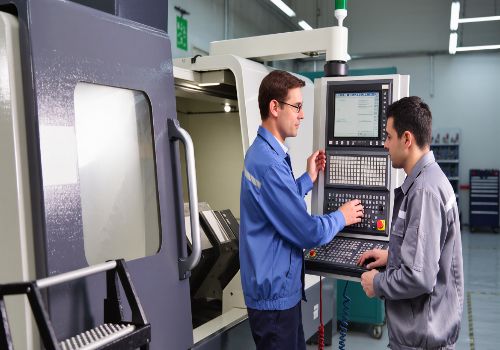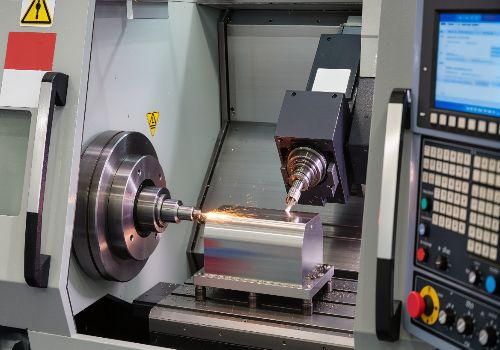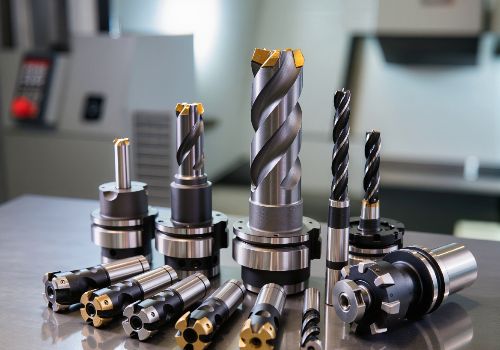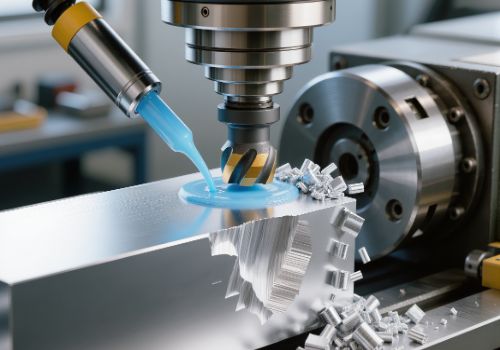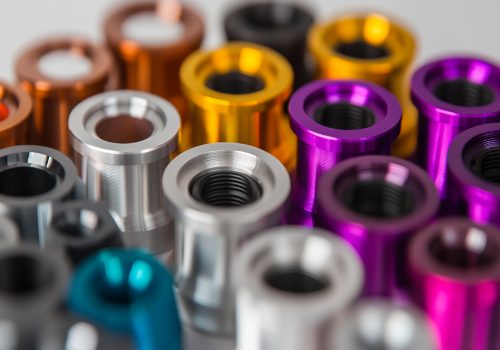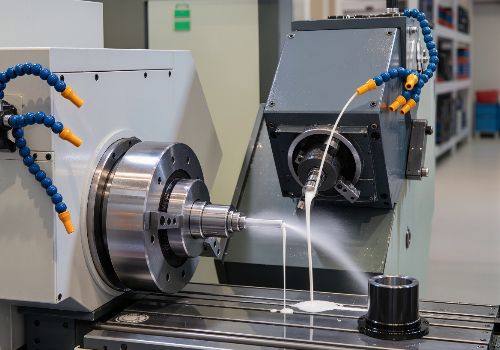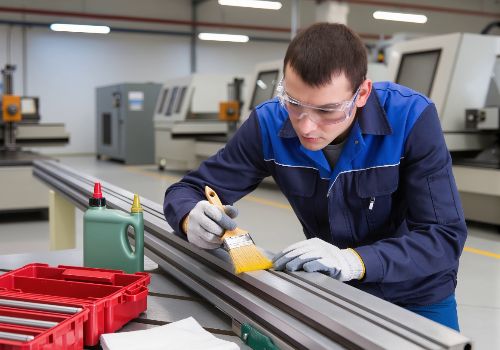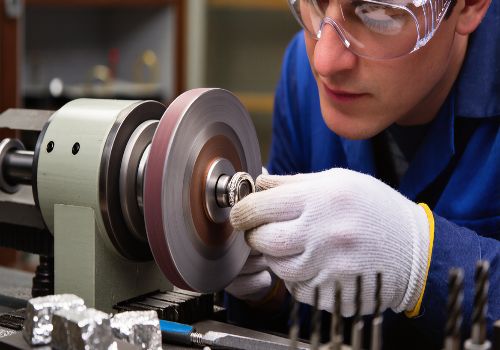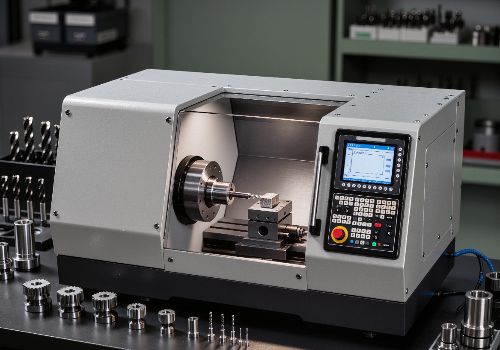Introduction
As manufacturers face increasing pressure to reduce environmental impact, sustainable CNC machining has become a competitive necessity. Choosing eco-friendly materials can lower carbon footprints by 30-60% while maintaining performance. But which materials deliver both planetary and machining benefits?
This guide explores the top sustainable materials for CNC, their properties, applications, and real-world environmental advantages.
Key Sustainability Criteria for CNC Materials
When evaluating materials, consider:
-
Recyclability: Can be reused without quality loss
-
Renewable Sourcing: Made from bio-based resources
-
Low Embodied Energy: Minimal energy required for production
-
End-of-Life Impact: Biodegradable or safely recyclable
-
Machinability: Reduces waste during processing
Top 8 Sustainable Materials for CNC Machining
1. Recycled Aluminum (6061-R)
-
Sustainability Benefits:
✔ 95% less energy than virgin aluminum
✔ Infinitely recyclable without degradation -
Machining Notes:
Identical properties to virgin 6061
Excellent for aerospace, automotive -
Carbon Reduction: 8.6 kg CO2/kg vs. 16.7 kg (virgin)
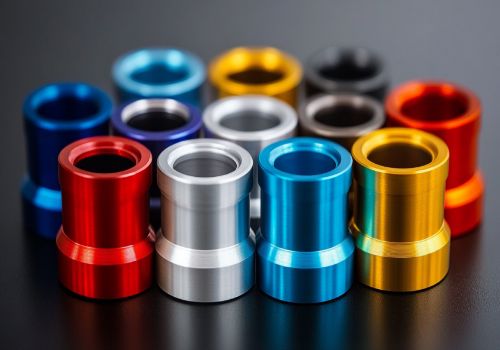
2. Bio-Polymers (PHA/PHB)
-
Sustainability Benefits:
✔ Marine-biodegradable (6-24 months)
✔ Made from plant oils or bacteria -
Machining Notes:
Similar to ABS but zero toxic fumes
Ideal for medical/disposable prototypes -
Innovator: Danimer Scientific (FDA-approved)
3. Recycled Titanium (Ti6Al4V-R)
-
Sustainability Benefits:
✔ 60% less energy than virgin titanium
✔ Recycled from aerospace scrap -
Machining Notes:
Requires carbide tools, slower speeds
Perfect for high-strength implants -
Cost Impact: 20-30% cheaper than virgin Ti
4. Bamboo Fiber Composites
-
Sustainability Benefits:
✔ Carbon-negative material
✔ Rapidly renewable (harvest in 3-5 years) -
Machining Notes:
Use sharp carbide tools (50-60 HRC)
Great for consumer electronics housings -
Strength: Comparable to oak at 1/3 weight
5. Recycled Polypropylene (rPP)
-
Sustainability Benefits:
✔ Lowest CO2 footprint of recycled plastics
✔ Food-safe after processing -
Machining Notes:
Minimal coolant needed
Used for food handling components -
Recycling Rate: 98% less waste than virgin PP
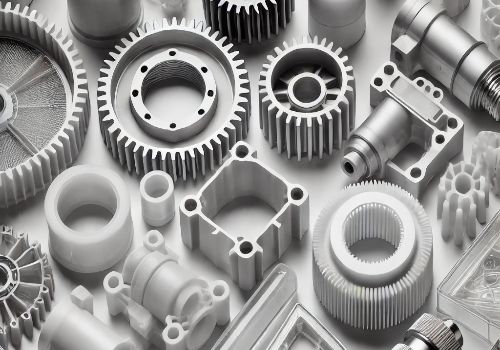
6. Cast Iron (Recycled)
-
Sustainability Benefits:
✔ 90%+ recycled content
✔ Lasts decades with proper maintenance -
Machining Notes:
Excellent vibration damping
Ideal for machine bases/fixtures -
Lifecycle: 100% recyclable at end-of-life
7. Mycelium Composites
-
Sustainability Benefits:
✔ Grown from agricultural waste
✔ Biodegrades in 45 days -
Machining Notes:
Low-speed machining only
Temporary fixtures/packaging -
Pioneer: Ecovative Design
8. Recycled Brass (CZ121)
-
Sustainability Benefits:
✔ 85% less energy than virgin brass
✔ Recycled from plumbing/electrical waste -
Machining Notes:
Superior chip formation
Best for precision valves/fittings -
Recycling Loop: Infinite reuse possible
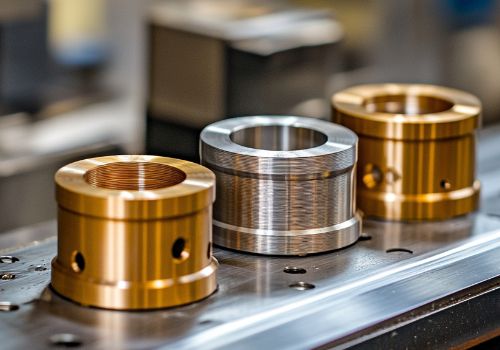
Sustainability Comparison Table
| Material | Recycled Content | CO2/kg (kg) | Machinability | Best Applications |
|---|---|---|---|---|
| Recycled Aluminum | 100% | 8.6 | ★★★★★ | Frames, enclosures |
| PHA Biopolymer | 0% (plant-based) | 1.2 | ★★★☆☆ | Disposable medical |
| Recycled Titanium | 90%+ | 18.1 | ★★★☆☆ | Aerospace, implants |
| Bamboo Composite | 60-80% | -0.5* | ★★☆☆☆ | Consumer goods |
| Recycled PP | 100% | 1.8 | ★★★★☆ | Food-safe parts |
| *Carbon-negative due to sequestration |
How to Source Sustainable Materials
-
Certifications to Look For:
-
ASI (Aluminium Stewardship Initiative)
-
Cradle to Cradle Certified™
-
USDA BioPreferred
-
-
Top North American Suppliers:
-
Matalco (Recycled Aluminum)
-
Green Dot Bioplastics (PHA Compounds)
-
Sintavia (Recycled Titanium)
-
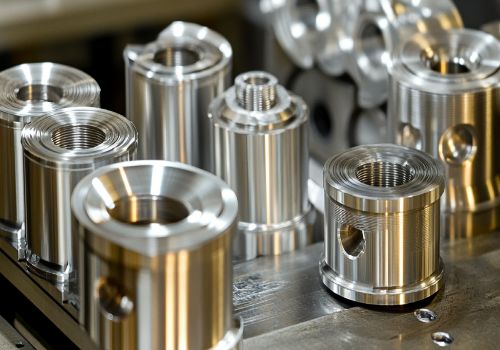
Design Tips for Sustainable CNC
-
Minimize Material Volume: Use topology optimization
-
Standardize Stock Sizes: Reduce cut-off waste
-
Avoid Mixed Materials: Simplifies recycling
-
Design for Disassembly: Facilitates material recovery
Case Study: Electric Scooter Manufacturer
Challenge: Reduce 28% scrap rate on aluminum frames
Solution:
-
Switched to 100% recycled 6061-R
-
Implemented nesting software to optimize blank usage
-
Partnered with closed-loop recycler for chips
Results: -
41% lower CO2 footprint
-
Scrap reduced to 9%
-
Material costs down 17%
Conclusion
Sustainable CNC machining isn’t just eco-friendly—it’s economically smart. By choosing materials like recycled aluminum, PHA biopolymers, and bamboo composites, manufacturers can cut costs, appeal to green-conscious clients, and future-proof operations.
Ready to switch to sustainable materials? Request a free material assessment from our experts!

